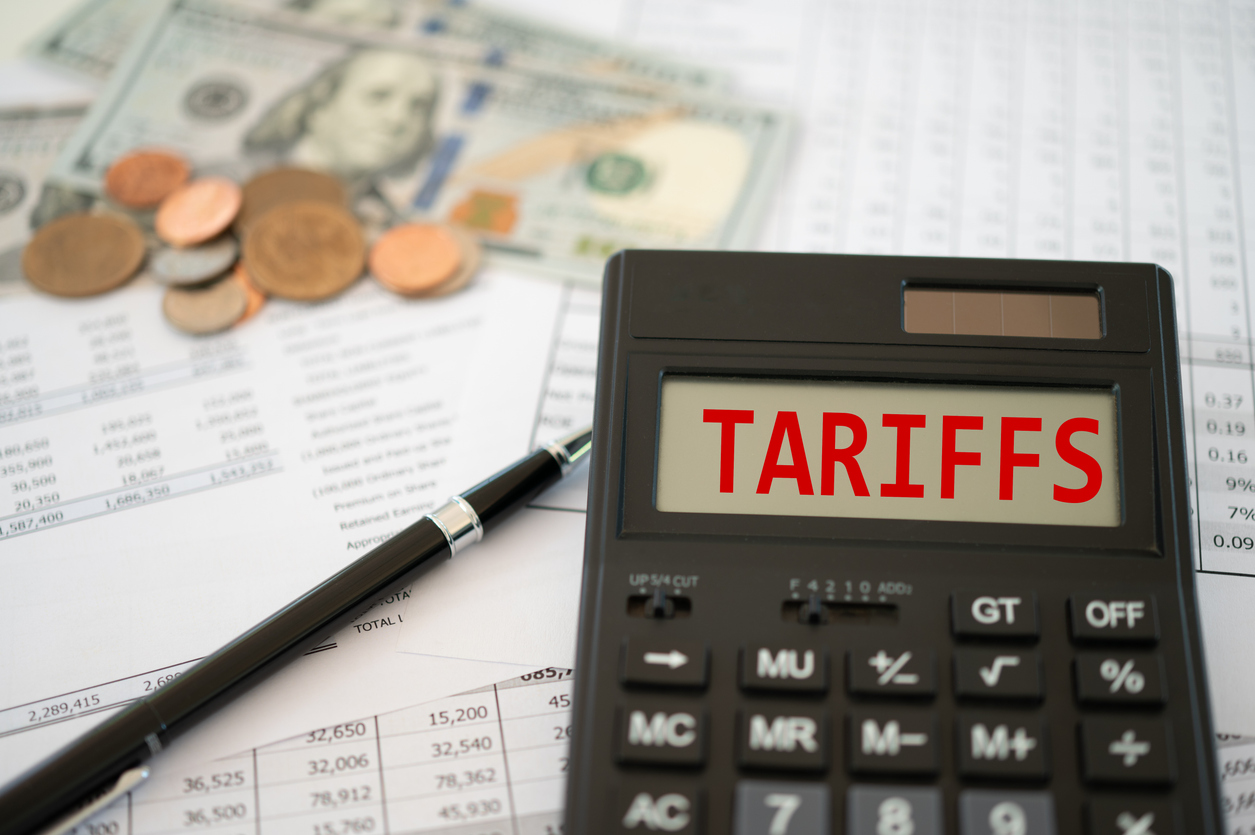How to Apply for Section 301 Tariff Exclusion: A Step-by-Step Guide
Navigating U.S. import regulations can be challenging for businesses engaged in international trade. One critical aspect is understanding Section 301 tariffs, imposed on certain goods imported from specific countries. Fortunately, eligible businesses can seek relief through a Section 301 tariff exclusion, reducing the cost of imported goods and ensuring smoother operations. Knowing how to apply for Section 301 tariff exclusion is essential for importers looking to optimize costs while staying compliant.
What is Section 301 Tariff Exclusion?
Section 301 of the Trade Act of 1974 empowers the U.S. government to impose tariffs on goods imported from countries engaged in unfair trade practices. While these tariffs increase costs, the U.S. Trade Representative (USTR) periodically offers tariff exclusions for certain products.
A Section 301 tariff exclusion allows importers to request exemption from tariffs on eligible goods, usually for a limited period. Businesses must submit an application with detailed product information, justifications, and compliance documentation. Successfully obtaining an exclusion can significantly reduce import duties, improving profit margins and competitiveness.
Why Section 301 Tariff Exclusions Matter
For businesses involved in importing, particularly in wholesale, FMCG, or logistics sectors, obtaining a Section 301 tariff exclusion can offer multiple advantages:
-
Cost Reduction: Eligible products can avoid additional tariffs, saving significant sums on imported goods.
-
Enhanced Competitiveness: Lower costs can be passed on to consumers or reinvested into business growth.
-
Regulatory Compliance: A formal exclusion ensures that importers remain compliant with U.S. trade regulations.
-
Risk Mitigation: Avoids potential penalties or disputes with customs authorities by following proper procedures.
Knowing how to apply for Section 301 tariff exclusion ensures your business maximizes benefits while maintaining compliance.
Step-by-Step Guide: How to Apply for Section 301 Tariff Exclusion
Applying for a Section 301 tariff exclusion involves careful preparation and accurate documentation. The process typically includes the following steps:
1. Identify Eligible Products
Begin by reviewing the list of products subject to Section 301 tariffs and eligible for exclusion. Products are often categorized by HTS codes, which help determine if a specific good qualifies for relief.
2. Prepare Detailed Product Information
Your application should include:
-
Product description and specifications
-
Manufacturer details and country of origin
-
HTS code classification
-
U.S. importer information
Accuracy is essential, as incomplete or incorrect information can delay processing.
3. Provide Justification for Exclusion
Explain why the product should be excluded from Section 301 tariffs. Common justifications include:
-
No domestic alternative exists
-
The tariff causes economic harm
-
The product is essential for manufacturing or trade
Clear, research-backed justifications improve the chances of approval.
4. Complete the USTR Application Form
Applications are submitted through the USTR’s online portal. Include all required documentation, such as invoices, product specifications, and supporting evidence. Ensure all data matches customs records.
5. Submit Before the Deadline
Section 301 exclusion requests are time-sensitive. Late submissions may be rejected, so track deadlines carefully. After submission, the USTR reviews the application, publishes it for public comment, and ultimately decides on approval or denial.
6. Monitor Status and Compliance
Once approved, maintain records and documentation for compliance purposes. Ensure shipments match the approved product description to avoid penalties during customs inspections.
Common Challenges When Applying for Section 301 Tariff Exclusions
Businesses often face obstacles during the application process:
-
Complex Product Classification: Misidentifying HTS codes can result in rejection.
-
Insufficient Justification: Exclusions require detailed, evidence-based reasoning.
-
Documentation Errors: Mistakes in invoices, specifications, or importer details can delay approvals.
-
Regulatory Updates: U.S. trade policies evolve, so staying current is essential.
Partnering with experts in trade compliance can help navigate these challenges efficiently.
How Wigmore Trading Can Help
Wigmore Trading specializes in providing comprehensive support for businesses navigating U.S. import regulations, including Section 301 tariff exclusions. Our services include:
-
Eligibility Assessment: Determine which products qualify for exclusion.
-
Application Preparation: Compile detailed documentation and justifications.
-
HTS Code Guidance: Ensure accurate product classification for submission.
-
Compliance Monitoring: Track approvals and maintain records for customs inspections.
By leveraging expert assistance, businesses can increase their chances of obtaining exclusions and avoid costly errors.
Best Practices for a Successful Section 301 Tariff Exclusion Application
To maximize success, consider the following strategies:
-
Maintain Accurate Product Records: Detailed descriptions, HTS codes, and origin information are critical.
-
Research Alternatives: Demonstrate why no U.S. alternative exists if applicable.
-
Keep Up with USTR Updates: Regularly monitor announcements for eligible products and submission windows.
-
Seek Expert Guidance: Professional advisory services reduce risks and streamline the process.
Following these practices ensures a smoother application experience and reduces delays.
Conclusion
Understanding how to apply for Section 301 tariff exclusion is crucial for businesses engaged in U.S. imports. By accurately identifying eligible products, providing detailed documentation, and submitting timely applications, importers can significantly reduce costs, maintain compliance, and improve operational efficiency.
Wigmore Trading can help businesses navigate the complexities of Section 301 tariffs, streamline the application process, and ensure compliance with U.S. trade regulations.
Contact Wigmore Trading today to explore how your business can benefit from tariff exclusions and optimize your import strategy.







Comments are closed.